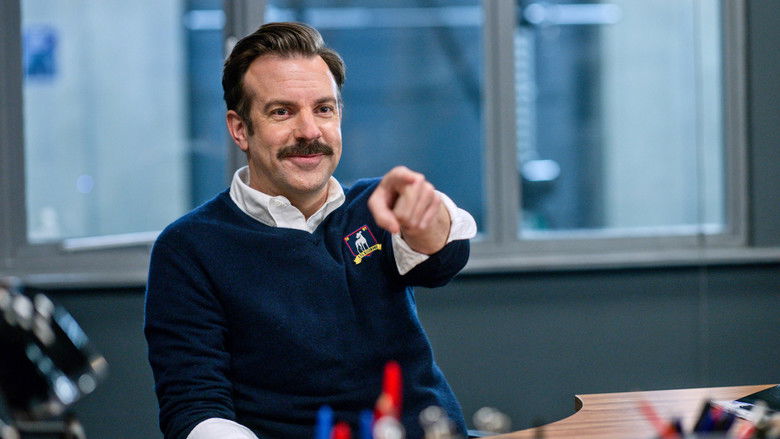


#TED LASSO EPISODES SERIES#
Although the action soccer sequences still leave much to be desired (for those who are familiar with soccer fictionalizations, think of the match sequences in the misguided film series "Goal" as a reference).īut the biggest improvement has come in the quality of Ted Lasso's frequent one-line jokes. There are now scenes that look like they have been shot at real-life locations in London, not studio stages. Jason Sudeikis, Brendan Hunt and Nick Mohammed in “Ted Lasso."Īlmost every part of the "Ted Lasso" universe has been enhanced for the second season. At the end of episode two, the pair share a heartfelt discussion where Fieldstone tells Lasso that her favorite novel is Pat Conroy's "The Prince of Tides." In the book, which was adapted for the screen by Barbra Streisand in 1991, a psychiatrist starts a relationship with her patient. Fieldstone and Ted Lasso's relationship is oddly strained with Fieldstone unimpressed by Lasso's Southern charms and Lasso uncomfortable with the idea of therapy.īut events slowly draw the pair closer together and hints of romance begin to emerge. Throughout the season, Fieldstone's presence allows the show to lightly confront several misconceptions about therapy and highlight the importance of mental health, particularly in male-dominated sports. Marcia Fieldstone, the radiotherapist in Nora Ephron's classic "Sleepless in Seattle" - to help remedy Dani Rojas's debilitating Yips. Sharon Fieldstone - whose name, considering the show's noted fondness for romantic comedies, is surely a reference to Dr. Jason Sudeikis and Sarah Niles in “Ted Lasso” season two.Įarly on in season two, AFC Richmond's coaching staff recruit a club therapist called Dr. "Her accent is pitch-perfect and her gift for physical comedy is grossly underrated." "I enjoy Renée Zellweger in all her 'Bridget Jones' movies," one player offers. This conversation, like many others during the second season of "Ted Lasso," trails off into an extended appreciation of popular culture and contemporary American cinema. During a team meeting, Lasso stands up before the dressing room and proclaims: "I hear the chatter, people saying there's something wrong with us, but that's not the way I see it and here's why: I believe in communism."Īt the gasp of his players and staff, he elaborates: "Rom-communism, that is." According to Lasso, Rom-communism is an approach to life that is based on the philosophical principle - often trafficked by romantic comedies of the 1990s and 2000s - that everything will always work out in the end. Halfway through "Ted Lasso" season two, AFC Richmond, the fictional English soccer team managed by Jason Sudeikis' hopeless yet hyper-positive American coach, are on a historic losing streak.


 0 kommentar(er)
0 kommentar(er)
